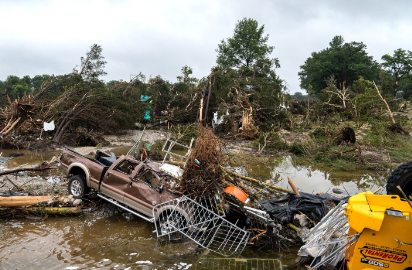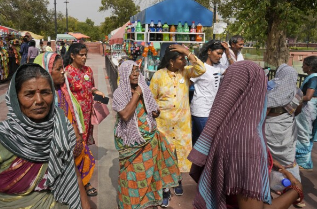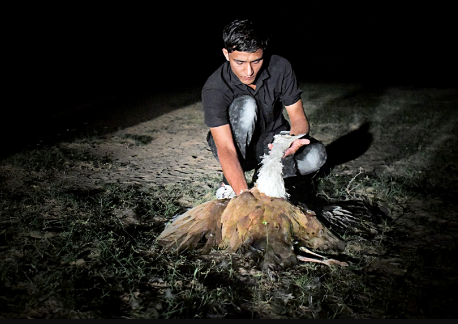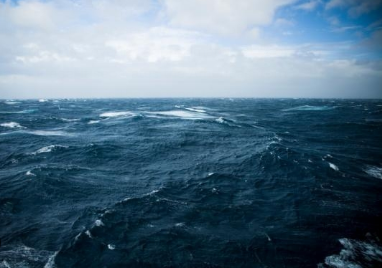
This summer, the U.S. is witnessing an alarming increase in flash flooding, driven by a warming atmosphere that holds more moisture, leading to heavier, more frequent storms. According to nonprofit Climate Central and CNN, the frequency and intensity of intense summer downpours across the U.S. have surged, with hourly rainfall rates increasing markedly.

On June 25, 2025, Himachal Pradesh’s Kangra and Kullu districts were struck by sudden cloudbursts, triggering devastating flash floods. In Kangra’s Khaniyara region, water surged through Manuni Khad, sweeping away workers from a nearby hydroelectric project. Two bodies were recovered, while about 15–20 laborers remain feared missing

In a bold and strategic move, Brazil has proposed the formation of a Global Climate Council to steer unified international action on climate change ahead of COP30, set to be hosted in Belém, Brazil, in 2025. The proposal underscores Brazil’s ambition to not only host the landmark summit but also shape the global climate agenda in a decisive way.

The India Meteorological Department (IMD) has issued a yellow alert for Delhi, forecasting a heatwave with temperatures expected to reach up to 42 degrees Celsius by mid-week. Residents are advised to prepare for intense heat as the mercury rises.

On March 21, 2025, the International Day of Forests spotlights the theme "Forests and Food," emphasizing the intrinsic link between forest ecosystems and global food security. Forests provide essential resources—fruits, seeds, roots, and wild meat—that sustain indigenous and rural communities worldwide. In India, forests are deeply intertwined with the nation's culture, economy, and biodiversity, making their conservation both an environmental necessity and a fundamental responsibility. Press Information Bureau

India is currently experiencing an intense heatwave affecting multiple states, with temperatures soaring above 40 degrees Celsius. States such as Jharkhand, Karnataka, West Bengal, Odisha, and Maharashtra are among the hardest hit. In Jharkhand, districts like West Singhbhum have recorded temperatures reaching 41°C, significantly higher than the seasonal average. Similarly, North Karnataka's Ainapur Hobli village in Kalaburagi district reported temperatures as high as 42.8°C. West Bengal's western districts, including Paschim Medinipur and Bankura, are also grappling with severe heat, with Kolkata experiencing temperatures five degrees above average. Odisha's Jharsuguda district recorded 41.8°C, prompting heatwave warnings for regions like Sambalpur and Mayurbhanj. Maharashtra's Vidarbha region continues to face extreme heat, with Chandrapur recording 41.4°C. Times of India

In the heart of India’s arid landscapes, where water is a luxury and wildlife struggles for survival, Radheshyam Bishnoi has emerged as a beacon of hope. His journey began in 2018 with just a liter of water, and today, he has created over 50 water ponds, holding up to 10,000 liters, ensuring that no wild animal perishes from thirst.

Recent studies have raised alarms about the potential slowdown of Earth's strongest ocean current, the Antarctic Circumpolar Current (ACC), due to climate change. The ACC, which flows eastward around Antarctica, plays a pivotal role in regulating global climate by distributing heat and nutrients across the world's oceans. Researchers predict that if high greenhouse gas emissions persist, the ACC could slow by 20% by 2050, leading to profound environmental consequences.

In India, a growing number of artists are transforming waste materials into stunning artworks, merging creativity with environmental consciousness. These artists repurpose discarded items, from electronic components to plastic waste, into pieces that not only captivate the eye but also convey powerful messages about sustainability.

The Arctic, often referred to as the Earth’s "climate regulator," is facing an alarming transformation. Scientists now warn that the region could become ice-free in the summer within the next two decades, a direct consequence of rising global temperatures.